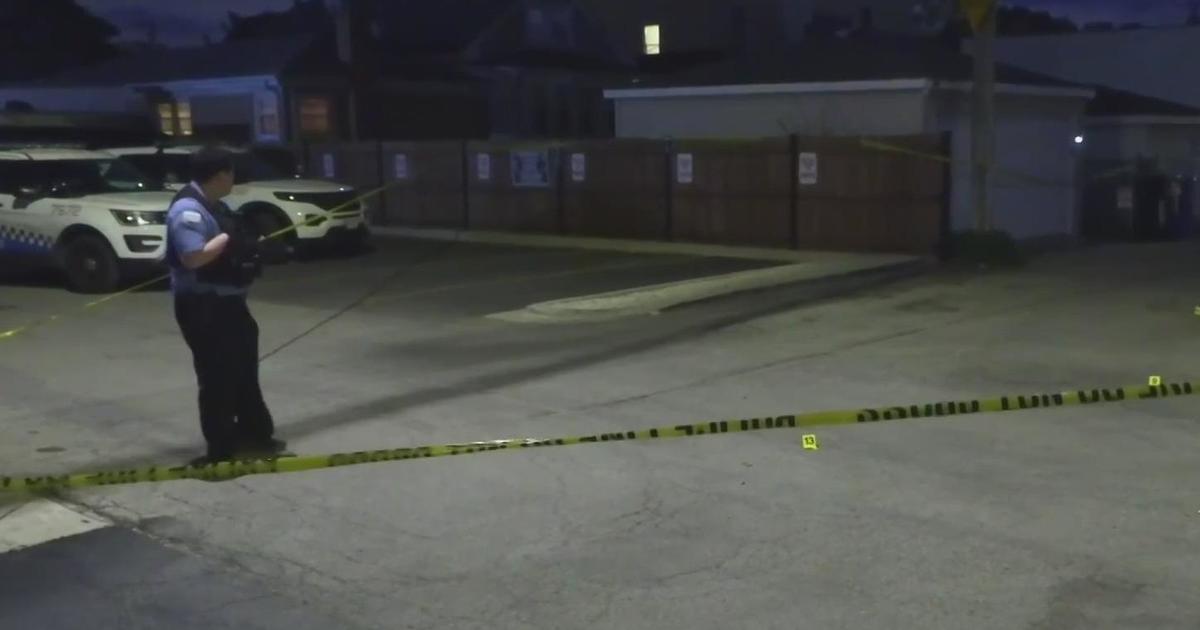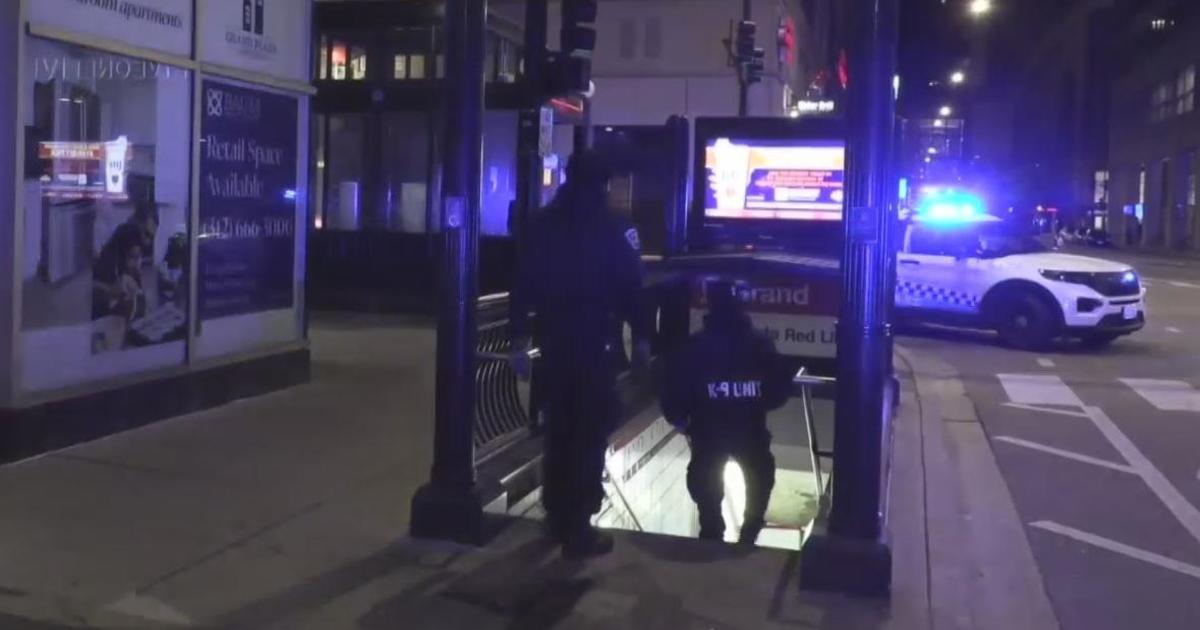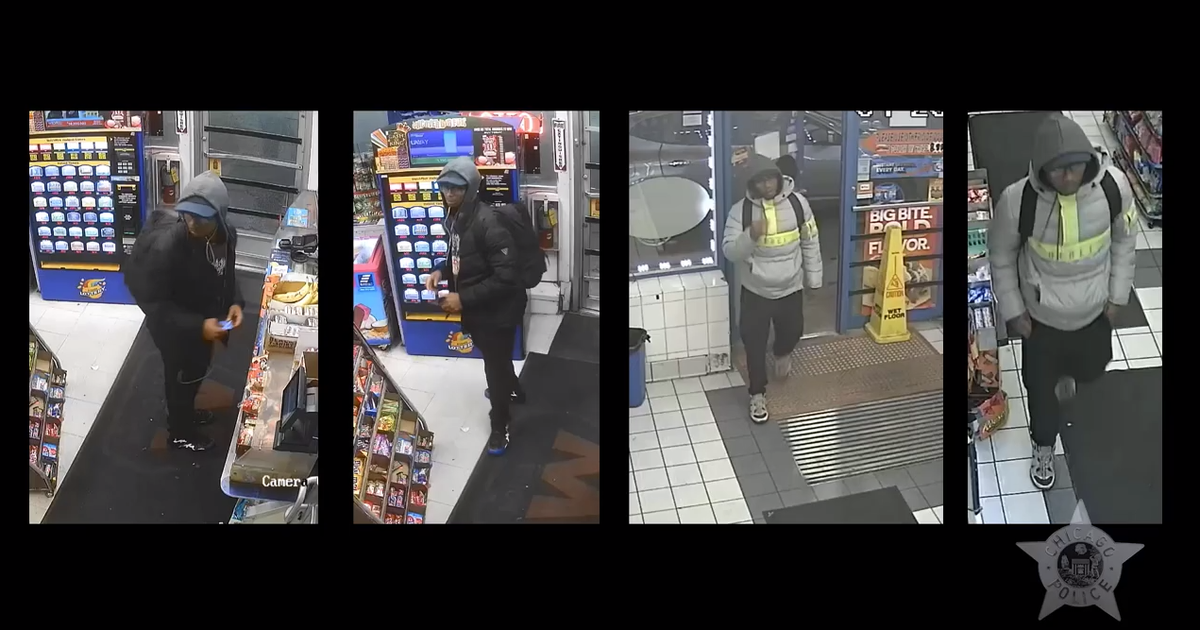2 Investigators: Dried Poppy Pods Sale Lands Chicago-Area Man In Legal Trouble
(CBS) -- Baking with poppy seeds and using the pods in flower arrangements are both common but few people know that growing a certain kind of poppy plant or possessing them is illegal in the United States.
CBS 2-Investigators talked to a West Chicago man who found out the hard way.
The laws surrounding the legal possession of poppy plants are confusing as there are numerous varieties of the plant. Are they legal or not? 25-year-old Will Coix was facing a 50 year prison sentence after he was charged with a Super X-class felony for selling dried poppy pods to undercover police agents with the DuPage County Metropolitan Enforcement Group in 2011. The charges were ultimately lessened to a class 1 felony after a plea agreement and Coix was only given a sentence of 2 years' probation.
The legal battle and ordeal stemmed from a website order he made for dried poppy pods - he was arrested after selling the plant. Will Coix and his father Guillermo Coix wanted to share their concerns over what they say is a lack of information about what is actually legal when it comes to poppy plants in the United States.
The Coix's talked to CBS 2 from their home gym and where the father Coix trains his son to box. Will Coix is a welterweight fighter who begins his professional career later this month with a fight at the Horseshoe Casino in Hammond.
Will Coix tells CBS 2 his dream of becoming a pro boxer involved a grueling training schedule and nearly 80 amateur fights. He says to help him recover from soreness and injury he relied heavily on natural herbs. He even started a website to sell herbs to other fighters to help cover the cost of his own personal use. He says in 2011 Will Coix says he received a message from a customer asking for an unusual order, "I got an email asking for poppy pods."
Poppy pods are the bulb part at the top of a poppy plant's stalk and the pods are filled with poppy seeds. He says he found two other websites selling them in dried form and he filled the customer's order twice.
He says he was aware seeds from poppy plants were used in baking and sold on buns and bagels. He says he didn't know the U.S. Drug Enforcement Administration actually has one kind of poppy plant on its list of controlled substances.
"It was just a dried plant!," says Coix.
He found himself suddenly facing the thought of spending the majority of his life behind bars.
"It was just a scary overwhelming feeling that you cannot describe."
Guillermo Coix saw his son's boxing career and life as a free man vanish, "He told me he's was being arrested for poppy pods. I never heard of poppy pods being illegal."
They both couldn't understand what was illegal or how anyone could be arrested for selling dried pods from a plant they thought could be grown in gardens.
There are numerous varieties of poppy plants and while DuPage County law enforcement officials say the seeds are completely legal, one species of the plant in particular, the Papaver Somniferum is illegal because it produces opium and heroin is made from it. They are singled out because pods and stalks have higher levels of codeine and morphine than all other poppy plants.
An Official from the DEA tells CBS 2 the only way to legally grow this type of poppy plant is with a "research exemption". Will Coix says he was unaware of the exemption and was only filling an order for something that he thought produced seeds for baking or dried flowers for ornaments. He now cautions others about buying poppy plants online or growing them in backyard gardens.
"I want to warm families kids to stay away from it don't touch it," says Coix.
Opium is extracted from the pods on fresh plants, not dried pods like the ones he ordered.
When asked if he thought he did anything wrong, Coix responded, "I still don't think I was doing anything wrong."
Prosecutors offered him a deal giving him probation if he plead guilty to a lesser felony and Coix's father said they couldn't afford a lengthy trial or gamble that he might spend 50 years in prison if he lost his case.
The state's attorney's office confirms Coix's is the only poppy pod case they have prosecuted in nearly two decades.
Guillermo Coix says, "We had to take the deal, I didn't care about the felony all I knew is my son was going to be home with me."



